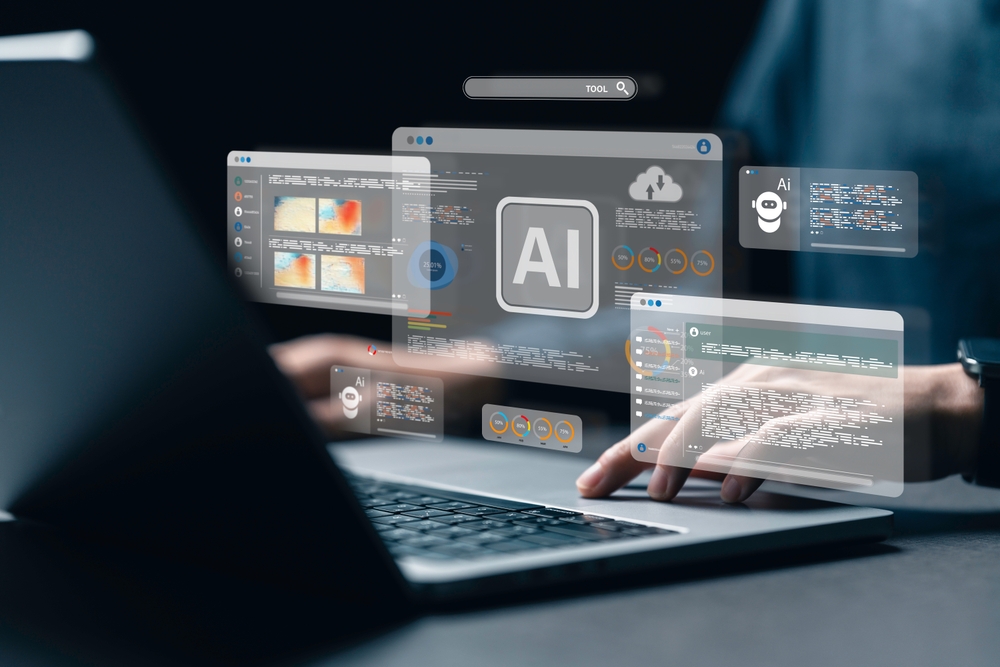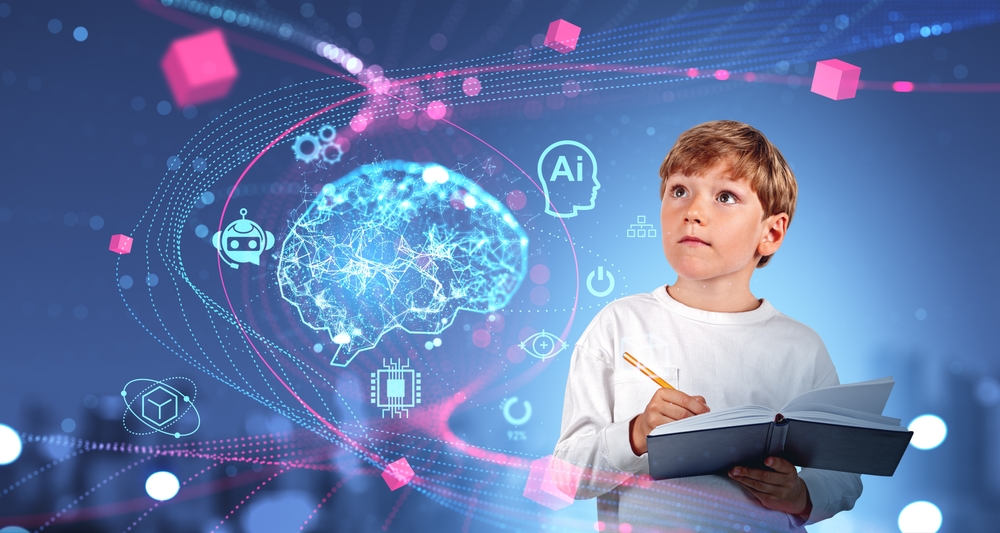Artificial Intelligence (AI) has permeated various sectors, and education is no exception. The integration of AI in education presents numerous opportunities, such as personalized learning experiences, efficient administrative processes, and advanced research capabilities. However, it also brings several challenges, including ethical concerns, data privacy issues, and the potential to exacerbate educational inequalities. This blog delves into the multifaceted impact of AI on education, exploring both the opportunities it offers and the challenges it poses.
Opportunities Offered by AI in Education
1. Personalized Learning
One of the best things about AI in education is that it can customize learning experiences for each student. Traditional classrooms often struggle to cater to the individual needs of each student due to time constraints and the sheer number of students. AI-powered systems can analyze students’ learning patterns, strengths, and weaknesses to tailor educational content accordingly.

Adaptive learning platforms, for instance, change the difficulty of exercises based on how well a student is doing. This tailored method helps students stay interested and excited, leading to better learning results. Plus, AI can give instant feedback, making it easier for students to grasp their errors and learn better.
2. Efficient Administrative Processes
AI can greatly simplify administrative tasks, enabling educators to spend more time teaching and less time on paperwork. Automation tools can handle various administrative duties such as grading, scheduling, and student enrollment. For instance, AI-powered grading systems can evaluate multiple-choice tests, essays, and even provide feedback on assignments, saving teachers a considerable amount of time.
Additionally, AI can help in the management of student information systems. By automating data entry and retrieval processes, AI ensures that student records are accurate and up-to-date. This efficiency not only reduces administrative burdens but also enhances the overall management of educational institutions.
3. Enhanced Research Capabilities
AI is revolutionizing educational research by providing tools that can process vast amounts of data quickly and accurately. Researchers can use AI to analyze trends, identify patterns, and make predictions that were previously impossible with manual methods. For example, AI can help in analyzing student performance data to identify factors that contribute to academic success or failure.
Moreover, AI can assist in the development of new educational methodologies and technologies. Through machine learning algorithms, researchers can test hypotheses and conduct simulations that provide valuable insights into effective teaching strategies. This ability to innovate and adapt based on data-driven insights is crucial for the continuous improvement of educational practices.
Challenges Posed by AI in Education
1. Ethical Concerns
The implementation of AI in education raises several ethical concerns. One major issue is the potential bias in AI algorithms. If the data used to train these algorithms is biased, the AI systems can perpetuate and even exacerbate existing inequalities. For instance, if an AI system is trained on data from predominantly affluent schools, it may not perform well in underprivileged or diverse educational settings.
Another ethical concern is the accountability of AI decisions. When AI systems are used to make decisions about students’ academic progress, admissions, or disciplinary actions, it is crucial to ensure transparency and accountability. There must be clear guidelines and oversight to ensure that AI-driven decisions are fair and just.
2. Data Privacy Issues
AI systems depend on large volumes of data to operate effectively. In the context of education, this data often includes sensitive information about students, such as their academic records, personal details, and behavioral patterns. Ensuring the privacy and security of this data is of the highest priority.
Concerns exist regarding the collection, storage, and utilization of student data. Unauthorized access or misuse of this data can have serious consequences, including identity theft and other forms of cybercrime. Educational institutions must implement robust data protection measures and adhere to strict privacy regulations to safeguard student information.
3. Potential for Exacerbating Educational Inequalities
While AI has the potential to enhance learning experiences, it can also exacerbate educational inequalities if not implemented thoughtfully. Access to AI-powered educational tools and resources is often limited to well-funded institutions and students from affluent backgrounds. This digital divide can widen the gap between privileged and underprivileged students, leading to greater educational disparities.
To mitigate this issue, it is essential to ensure equitable access to AI technologies. This includes providing necessary infrastructure, training educators, and offering support to schools and communities that lack resources. Policymakers and educational leaders must prioritize inclusivity and equity in the adoption of AI in education.

Conclusion
Artificial Intelligence holds immense potential to transform education by providing personalized learning experiences, streamlining administrative processes, and enhancing research capabilities. However, its implementation also presents significant challenges, including ethical concerns, data privacy issues, and the risk of exacerbating educational inequalities.
To harness the benefits of AI while mitigating its drawbacks, it is crucial for educators, policymakers, and technology developers to work collaboratively. By addressing ethical considerations, ensuring data privacy, and promoting equitable access, we can leverage AI to create a more effective, inclusive, and innovative educational landscape. The future of education lies in our ability to integrate AI thoughtfully and responsibly, ensuring that it serves as a tool for empowerment and growth for all students.


